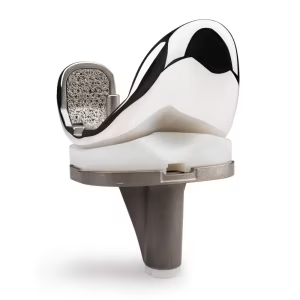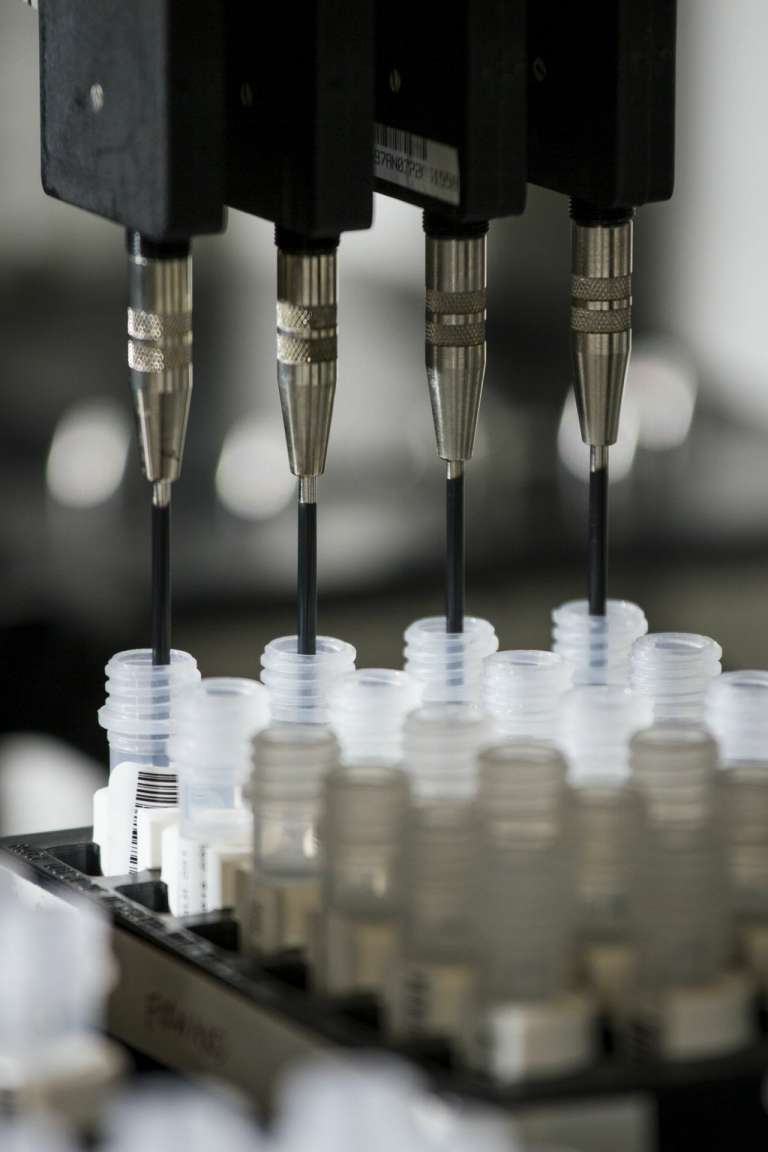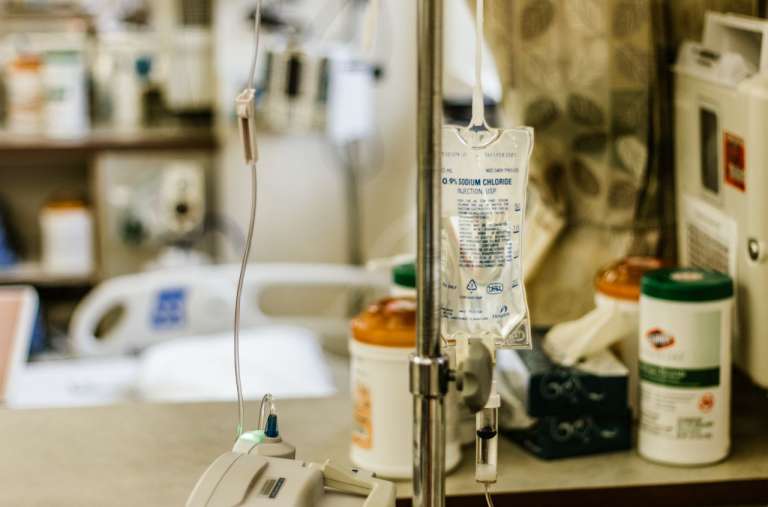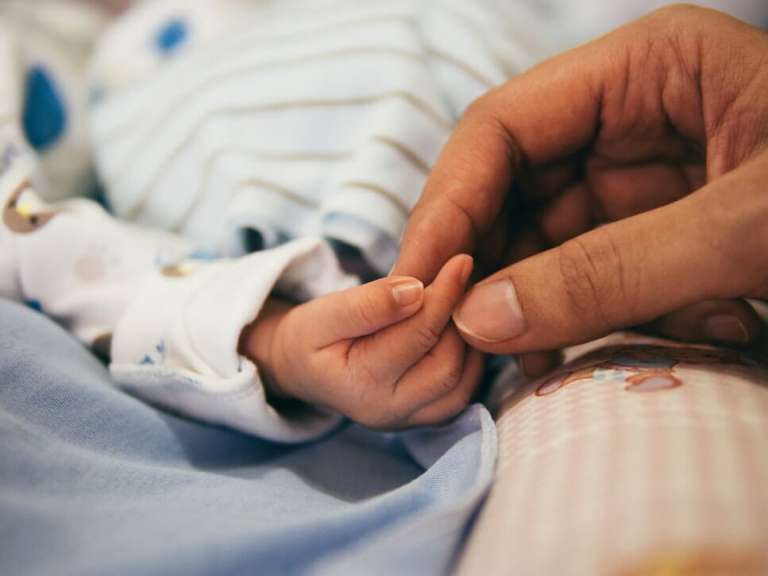Cyclists are reporting that abuse is being targeted at them, despite cycling being one of the daily exercises allowed during the coronavirus lockdown. But this is the wrong kind of targeting as the nation braces itself for Boris Johnson’s announcement later this week on how the lockdown might start to ease off. Surely cycling should be targeted as a healthier and safer alternative to public transport.
It has been reassuring to see more cyclists taking to the roads during the coronavirus lockdown. However, signs have appeared in some villages telling cyclists to “stay home, do some squats”, “respect the NHS, and us, go home” or referring to them as “covidiots”. Many cyclists will probably refuse to be intimidated by signs alone, but some are being shouted at, telling them to go home, or more worryingly have experienced unnecessarily ‘close passes’ from motorists or drawing pins placed in the road.
It appears that some residents fear that cyclists are not adhering to the social distancing rules or that the heavy breathing created by cycling is putting them more at risk of spreading the coronavirus.
These fears are unfounded and Prof Jonathan Ball, virologist at the University of Nottingham told the BBC that cycling posed no greater risk to the public than walking and even less of a risk than running. He said a coronavirus sufferer who coughs produces larger droplets, whereas normal breathing – whether heavy or otherwise – only produces small droplets which are less likely to contract the virus. He said; “You could theoretically exhale the virus on droplets as you breathe, but you’ve got to have a minimum dose to contract coronavirus.”
We recently reported on the drastic change that the lockdown restrictions has had on our roads, calling for safer roads for cyclists, as more people are cycling both for exercise and commuting alongside fewer vehicles on the road, but an increase in speeding offences. We also highlighted plans that some major cities across the world were making to introduce temporary traffic measures to prioritise or allocate more space for cyclists and pedestrians.
Now as many countries are starting to make plans for lifting their lockdown restrictions, mobilising the workforce safely will be a priority. Working hours will be staggered, spacing systems on platforms and bus stops, with one-way systems imposed on commuters. It is likely that people will be concerned about how safe it will be to use public transport again. The Times reported plans for temperature checks before commuters could use public transport.
Grant Shapps, the transport secretary has already said that encouraging people to commute by bicycle would be a key part of proposals to avoid overcrowding. He said; “active transport – keeping people off public transport and getting to work under their own steam – that could be a very important part of this recovery as well.”
Whilst none of us can accurately predict what the easing of lockdown restrictions will truly mean to us, it appears that cycling could become an integral part of it. Not only will it ease congestion on the roads and our public transport system, it will keep pollution levels down. The environment has taken a large sigh of relief during the lockdown restrictions, but it has not stopped climate change. Now feels like the best opportunity we will ever have to make a permanent change that will drive pollution levels down.
As France prepare for their restrictions to be lifted, they have committed to pay 50 Euros per person towards bicycle repairs to encourage cycling and keep cars off city roads. They are also preparing to install temporary bike parking spaces and financing cycling coaching sessions. Environment Minister Elisabeth Borne said on her twitter; “We want this period to be a new stage towards a cycling culture and we want the bicycle to be the queen of deconfinement.”
It has been inspiring to see how the nation has responded to the coronavirus pandemic, perhaps now as a world we can respond to another deadly emergency, outdoor air pollution which causes 4.2 million deaths per year.
Surely, now that we have seen what can happen with less vehicles on the roads, we can use this opportunity to take a moment to create a traffic system that is designed to move people around safely rather than around vehicles.
If you have been injured in a road traffic accident, speak to our experts to find out you can make a no win no fee claim.





